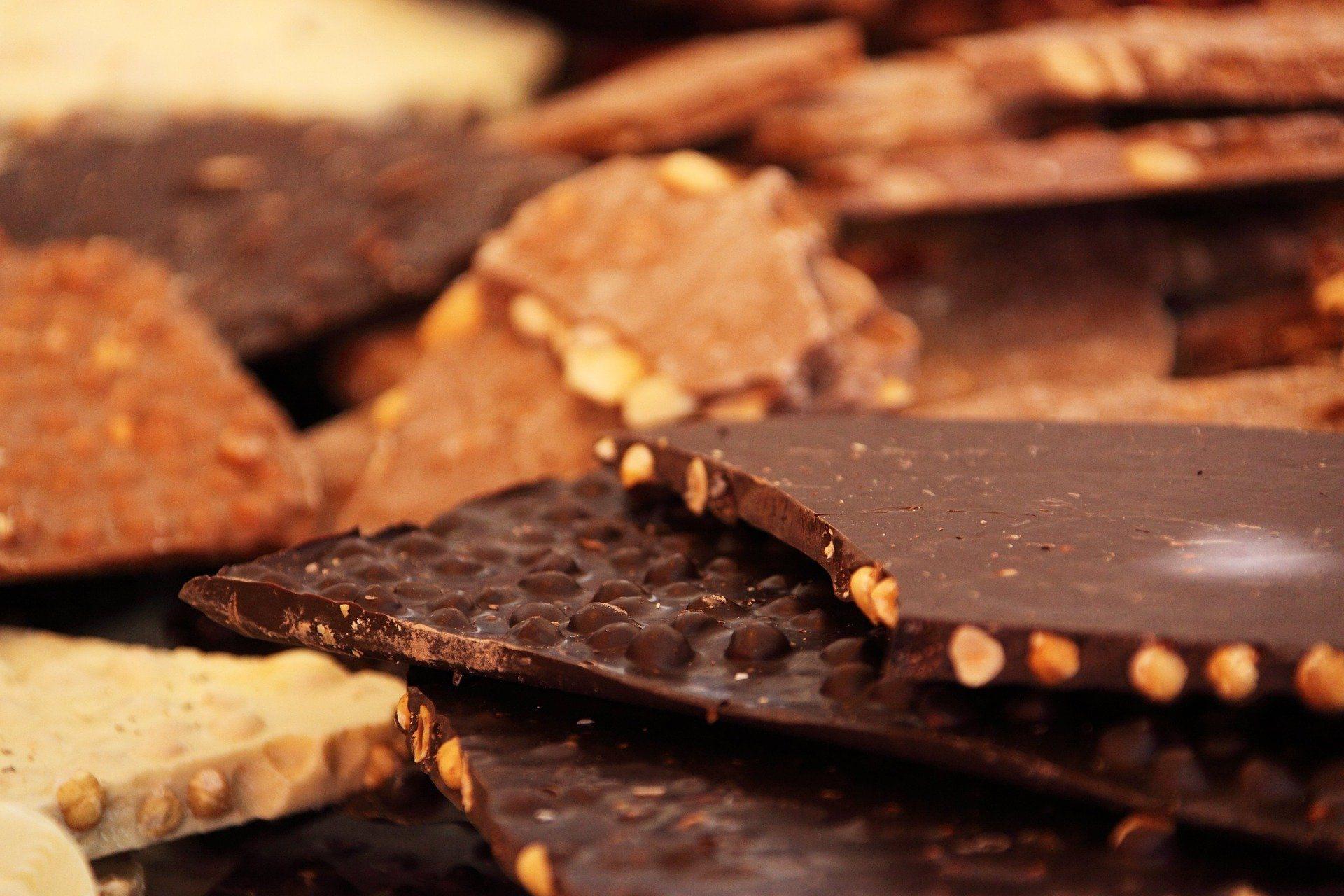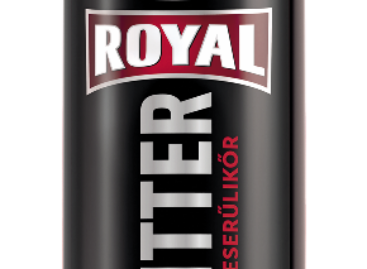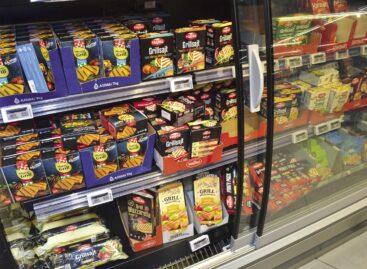German innovation develops no-cocoa chocolate
QOA, a Germany-based startup now part of the tech accelerator Y Combinator, makes cocoa-free chocolate using “precision fermentation” of other ingredients. Over a little more than a decade, the company hopes to fully replace the cocoa used in mass-market products.

How does no-cocoa chocolate taste like?
The chocolate industry has serious problems. Twenty years after promising to phase out the “worst forms” of child labor on cocoa plantations, chocolate brands still haven’t succeeded. In Ivory Coast, where a third of the world’s cocoa is grown, rainforests are plowed down for cocoa plantations; in the last 50 years, the country has lost more than 80% of its forests, mainly to cocoa production. By some estimates, the carbon footprint of chocolate isn’t far behind meat and dairy, making it worse for the climate than most foods. Climate change is also making cocoa harder to grow.
Related news
Aldi Süd Opens Mixed-Use Property Near Karlsruhe
Discounter Aldi Süd has developed a mixed-use property in Waldbronn…
Read more >More new products
Grilling cheese didn’t go up in smoke
The average price of grilling cheese is much higher (nearly…
Read more >What do shoppers say about the new retail tools?
At the beginning of the year, Consumer Panel Hungary GfK–YouGov asked panel…
Read more >Special foods ranking: 1. Diabetic, 2. Low-carb, 3. Lactose-free
Different special diets and foods are frequently discussed, and it…
Read more >







